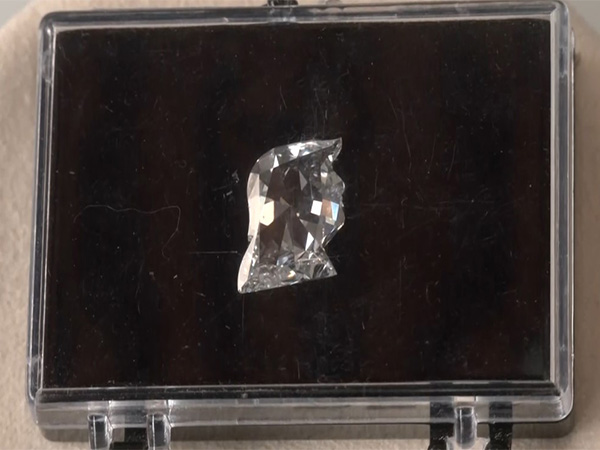Trump's Sweeping Pardons: A Controversial Day of Executive Power
Donald Trump, the newly inaugurated president, issued comprehensive pardons for 1,500 individuals involved in the January 6 Capitol riot. The move, affecting both minor and serious offenders, sparked widespread controversy. Notably released were leaders of militant groups, with ongoing restrictions. Trump's actions signal a daring use of executive authority.

In a highly contested move, President Donald Trump issued pardons for over 1,500 individuals involved in the January 6 Capitol riot, marking his reassertion of executive authority. The pardons were announced on Inauguration Day, sparking outrage among lawmakers and injured police officers from the violent event.
Critically, Trump's pardons encompassed both minor offenders and key figures like Stewart Rhodes of the Oath Keepers militia. Rhodes, sentenced to 18 years, was released yet remains under certain legal restrictions. Enrique Tarrio, another key figure, was also expected to be freed despite a conviction for seditious conspiracy.
Critics, including Senate Leader Chuck Schumer, condemned the pardons as an endorsement for lawbreakers threatening democracy. Meanwhile, Trump's administration defended the actions as campaign promises kept, despite anticipation that violent offenders might not be pardoned.
(With inputs from agencies.)
- READ MORE ON:
- Trump
- pardons
- Capitol
- riot
- executive
- power
- Oath Keepers
- controversy
- January 6
- seditious conspiracy
ALSO READ
Health News Roundup: Executive Orders, Vaccine Warnings, and Medical Acquisitions
Crafting Futures: Empowering Artisans at Grameen Bharat Mahotsav 2025
ADVIK Expands Global Presence with Powersports MTG GmbH Acquisition
AI-Powered Revolution: CRIUS Group Leads the Charge in Nutraceutical Manufacturing
Solidus Techno Power and Jogindra Group Unite for 110 MWp Solar Initiative in Punjab










